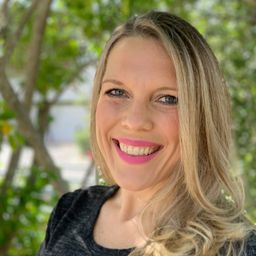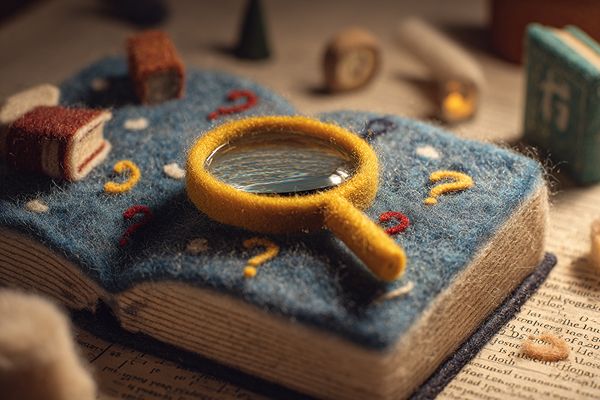Redefining Inquiry: From Myths and Buzzwords to Research-Informed Practice

Instructor: Tonya Gilchrist
Inquiry-based learning is often misunderstood and as a result, misapplied. This course invites educators to challenge common myths about inquiry and instead recognize it as a powerful, purposeful approach grounded in learning science and responsive to student needs. Together, we’ll explore how to design inquiry-rich experiences that involve both explicit teaching and student agency, empowering learners to become curious, capable, and self-regulating. This course is about recalibrating, not rejecting, inquiry, and discovering what it can look like when it’s truly research-informed. If you’re ready to move beyond buzzwords, build better inquiry from the ground up, and collaborate with educators who want to do the same, this course is for you.
Course information
For school leaders and teachers and support staff
Duration: 12 hours
4 sessions
Live peer-to-peer learning
The methodology
Teachers will learn in small groups of 2-5 colleagues, meeting once a week for 4 weeks. Sessions are 1.5 hours and can be in-person or online.
Course syllabus
Session 1: Inquiry Isn’t Chaos: Understanding Intentionally Designed Exploration
- • Examine how inquiry thrives when it includes shared learning goals, healthy scaffolding, and responsive teaching
- • Learn how explicit instruction, when just in time, not just in case, can support inquiry rather than compete with it
- • Explore how co-creating structures, rituals, and routines creates space for student curiosity, ownership, and independence to grow
Session 2: Beyond the Buzzwords: Clarifying What Inquiry Is (and Isn’t)
- • Explore the role of explicit instruction within inquiry, and learn to pair teacher clarity with student agency in a way that deepens, rather than dilutes, inquiry
- • Explore how routines and co-regulation build the foundation for student independence and metacognition
- • Contrast common myths with examples of real-world, responsive inquiry
Session 3: Learning Science Meets Inquiry: What the Research Actually Says
- • Examine how the proactive and responsive teaching of designed inquiry (rather than the extreme of little to no guidance) aligns with learning science
- • Ground your inquiry practice in key findings regarding teacher clarity, cognitive load, spaced, retrieval practice, and formative feedback that feeds forward
The methodology
Teachers will learn in small groups of 2-5 colleagues, meeting once a week for 4 weeks. Sessions are 1.5 hours and can be in-person or online.

For school leaders and teachers and support staff
Duration: 12 hours
4 sessions
Live peer-to-peer learning